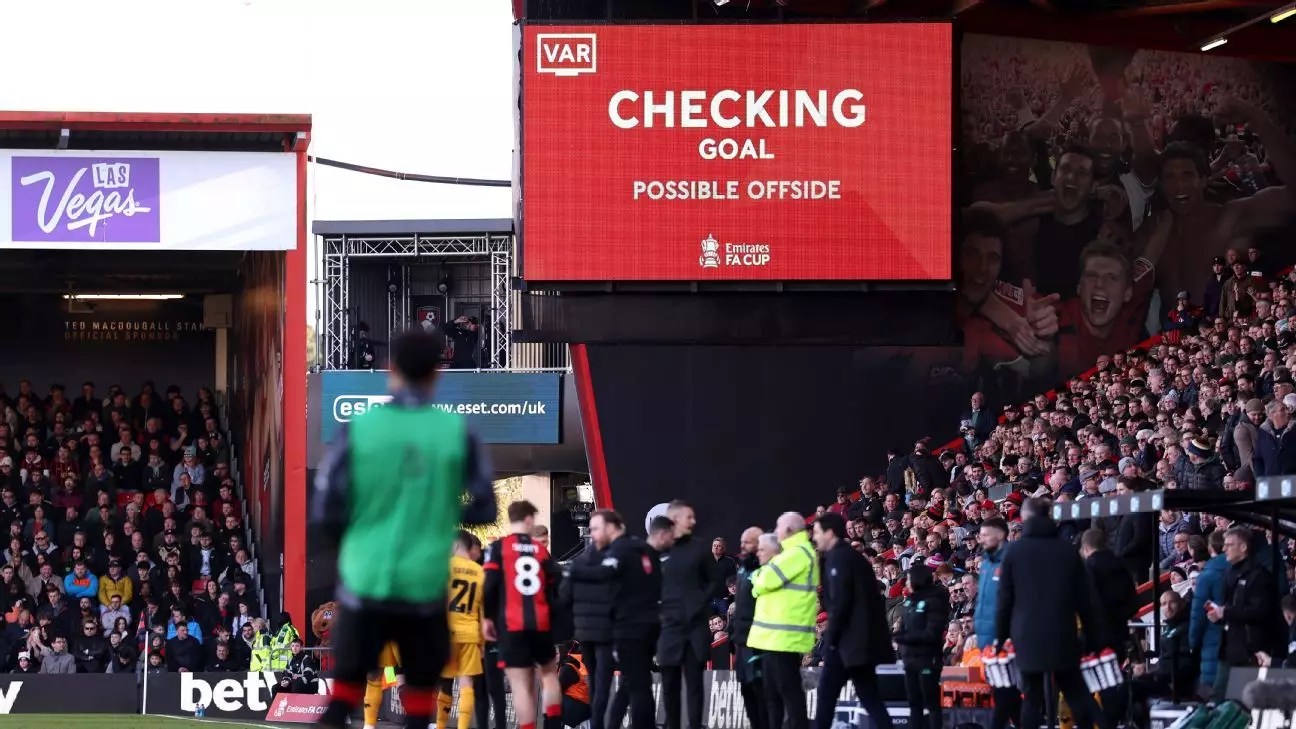The evolution of video assistant referee (VAR) technology has undeniably revolutionized football officiating, but its current scope feels limited in the grand scheme of the game’s integrity. Howard Webb’s recent commentary suggests an ambitious vision: broadening VAR’s jurisdiction beyond its traditional focus on goals, penalties, direct red cards, and mistaken identities to encompass other crucial aspects like yellow cards and evenCorner decisions. This proposal is not only bold but also potentially transformative, opening doors for a more comprehensive and accurate adjudication process.
While the existing framework has improved fairness, it often leaves a gaping hole where borderline incidents, such as questionable yellow cards or ambiguous corners, can influence match outcomes unjustly. Extending VAR to review these areas could be a game-changer, ensuring that decisions are rooted in fairness rather than human error. However, this expansion represents a significant shift—they worry about over-reliance on technology, clogging the flow of the game, and risk diminishing the human element that adds unpredictability and passion. Still, if the ultimate goal is to uphold the sport’s integrity, embracing a more inclusive VAR system makes undeniable sense, and Webb’s openness signals that football administrators are finally contemplating a more holistic approach.
The Risks and Rewards of Broader Intervention
Expanding VAR’s remit involves navigating a delicate balance. On one hand, correcting clear errors in critical decisions is undoubtedly vital for justice, especially in high-stakes matches where a single decision can alter the course of a season. On the other hand, extending reviewable incidents to include yellow cards or corner disputes raises questions about over-policing the game. Would we risk slowing gameplay significantly or stifling the spontaneity that makes football so compelling?
Moreover, decisions on marginal cases could become even more contentious, sparking debate over subjective interpretations. For example, what constitutes a “clear and obvious” error for yellow cards? Implementing stricter review protocols could lead to more consistent outcomes, but it could also erode the authority and fluidity of referees. Webb’s acknowledgment of the existing problems—like incorrect yellow cards or wrongly awarded corners—demonstrates a genuine desire to refine fairness. Yet, this refinement comes laden with risks, demanding meticulous planning and consensus among stakeholders.
Societal Challenges: Abuse and Accountability in Officiating
While technological advances hold promise, they also cast a spotlight on societal issues that bleed into sport—particularly abuse directed at referees. Webb’s comments about the toxic environment faced by officials like Michael Oliver and Anthony Taylor highlight a broader societal malaise. Death threats and confrontations exemplify a disturbing trend where emotions override respect, damaging the very fabric of sportsmanship.
This abuse not only endangers individuals but also threatens the future of officiating at all levels. Webb’s call for accountability underscores an urgent need for cultural change—sporting bodies must reinforce that referees are crucial custodians of fairness deserving respect. The violent and abusive behaviors witnessed go beyond mere passion; they reflect a societal escalation that needs addressing through education, stronger penalties, and collective moral responsibility.
Examining the case of David Coote’s removal also raises questions about the standards officials are held to and how misconduct is managed in an era where social media can rapidly amplify missteps. It posits a profound challenge: how does football preserve integrity and respect in a digital age that often amplifies negativity? Ultimately, transforming officiating extends beyond rules and technology—it demands a societal shift toward greater respect for the individuals who uphold the game’s fairness.


Leave a Reply